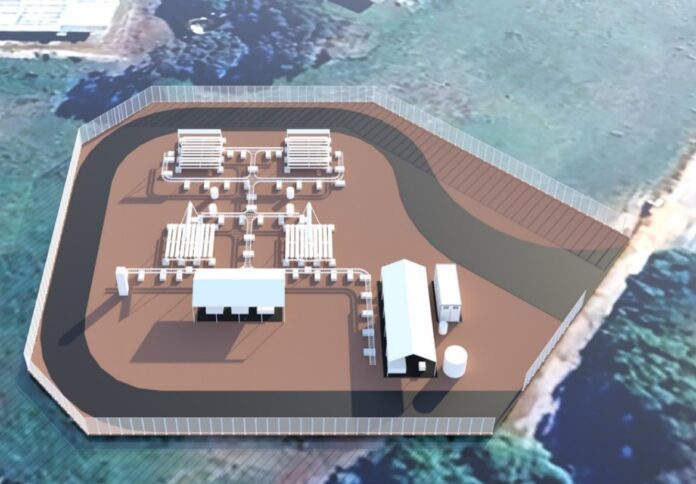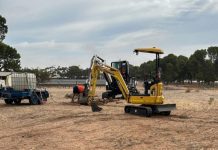
In light of the recent challenges confronting green hydrogen projects in Australia, Sparc Technologies is highlighting how Sparc Hydrogen’s revolutionary technology distinguishes itself from traditional methods.
Unlike many green hydrogen ventures that depend on renewable energy sources like solar or wind farms, Sparc Hydrogen’s approach sidesteps the fundamental issue of high renewable power costs, the company said in a news release.
According to Sparc Hydrogen, its technology leverages a novel photocatalyst material, sunlight, and water to produce what it terms ‘ultra-green’ hydrogen.
This innovation has the potential to serve as a clean fuel or feedstock for decarbonising hard-to-abate industries, breaking away from the cost constraints that currently burden the industry.
Unlike electrolysis, which is significantly impacted by fluctuating electricity prices, scalability challenges, and grid limitations, Sparc Hydrogen’s method promises to deliver green hydrogen at a much lower cost.
The technology also eliminates the need for expensive electrolysers and extensive infrastructure such as transmission lines, allowing for a more cost-effective and scalable solution.
The modular mirror infrastructure used in Sparc Hydrogen’s approach is particularly suited for remote and off-grid applications, enhancing its flexibility.
Furthermore, the sustainability of Sparc Hydrogen’s process is noteworthy. Photocatalytic water splitting (PWS) requires less land, infrastructure, and critical resources compared to traditional green hydrogen production methods. This results in a reduced environmental footprint and avoids the social licence issues that often accompany the construction of new transmission lines.
Strong partnerships bolster Sparc Hydrogen’s credibility and potential. The joint venture between Sparc Technologies, Fortescue Limited, and the University of Adelaide exemplifies a collaborative effort towards advancing green hydrogen technology.
Fortescue, a prominent global advocate for green hydrogen, continues to support and collaborate with Sparc Hydrogen.
Meanwhile, the University of Adelaide, renowned for its leadership in renewable technology research, contributes its world-class facilities and expertise to the project.
Currently, Sparc Hydrogen has successfully completed the prototyping phase of its reactor technology and is moving forward with the development of a pilot plant at the University of Adelaide’s Roseworthy Campus.
This pilot plant, the first of its kind globally, will showcase the viability of Sparc Hydrogen’s photocatalytic water splitting technology.
As the demand for decarbonisation solutions increases and conventional green hydrogen projects encounter substantial hurdles, investing in next-generation technologies like Sparc Hydrogen’s ultra-green approach is becoming increasingly critical.
By potentially achieving the Australian Government’s target of producing hydrogen at below A$2/kg, Sparc Hydrogen said it aims to make green hydrogen a more competitive and viable clean energy source.
The construction of the pilot plant is set to commence in Q4 2024.

















